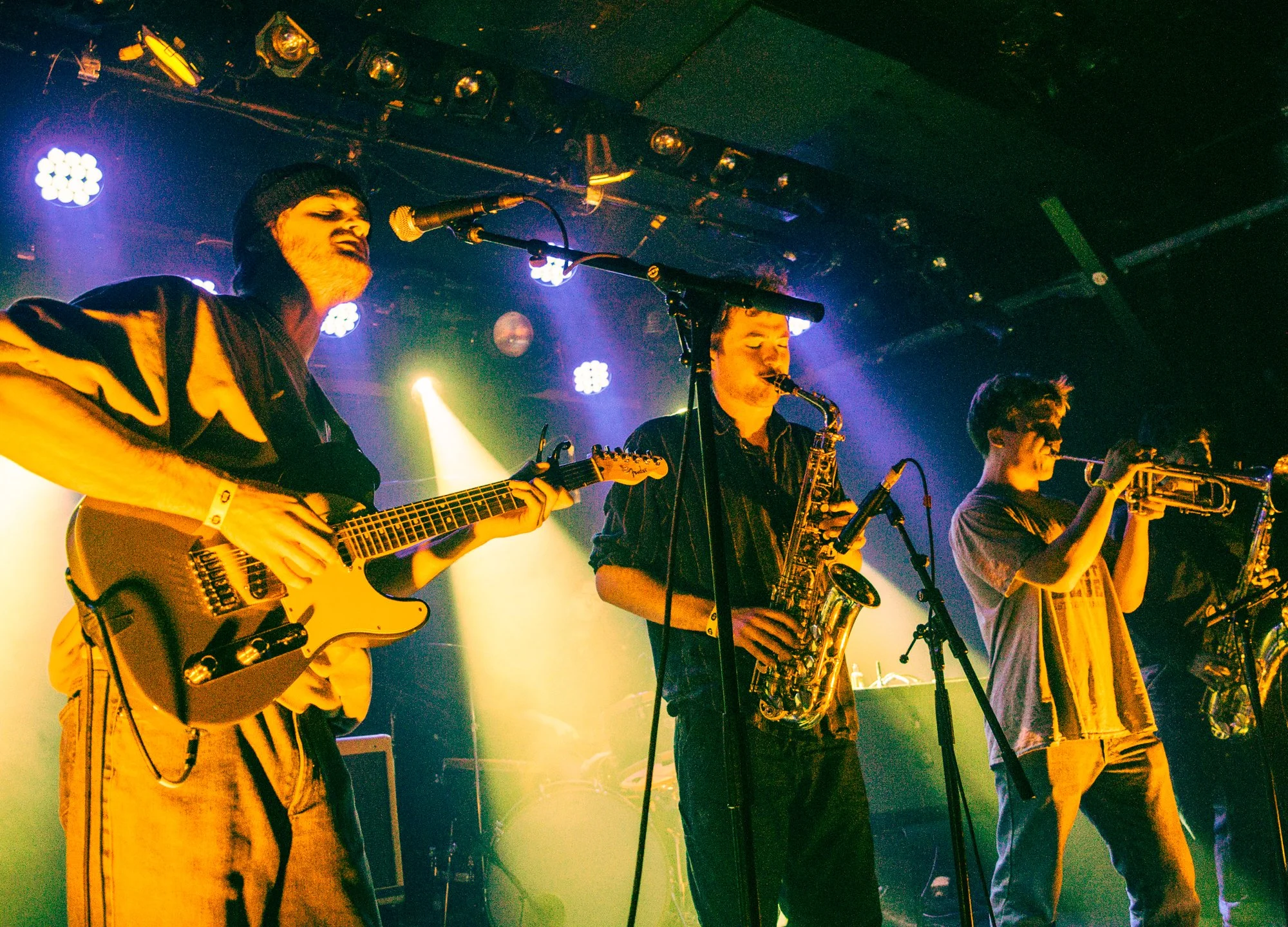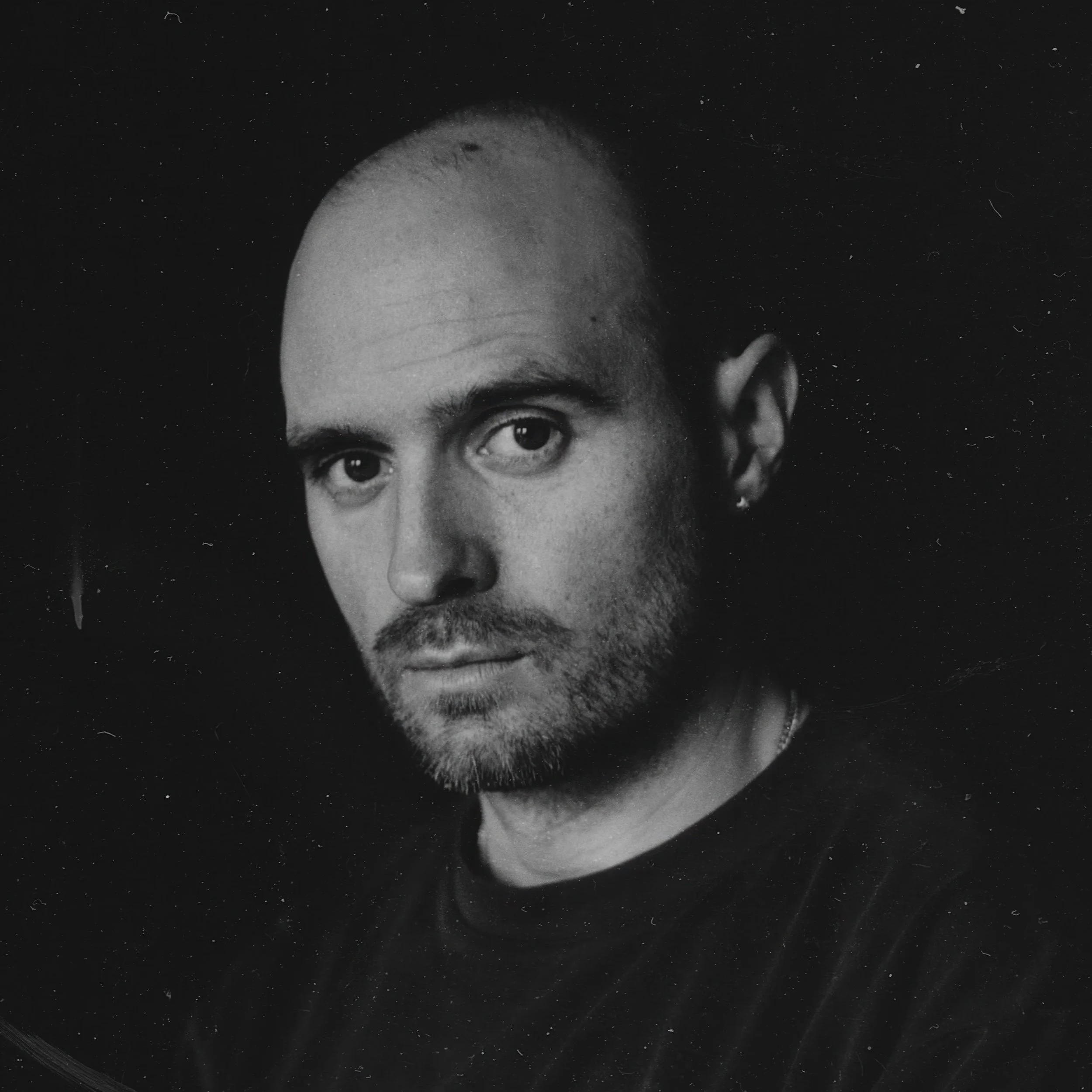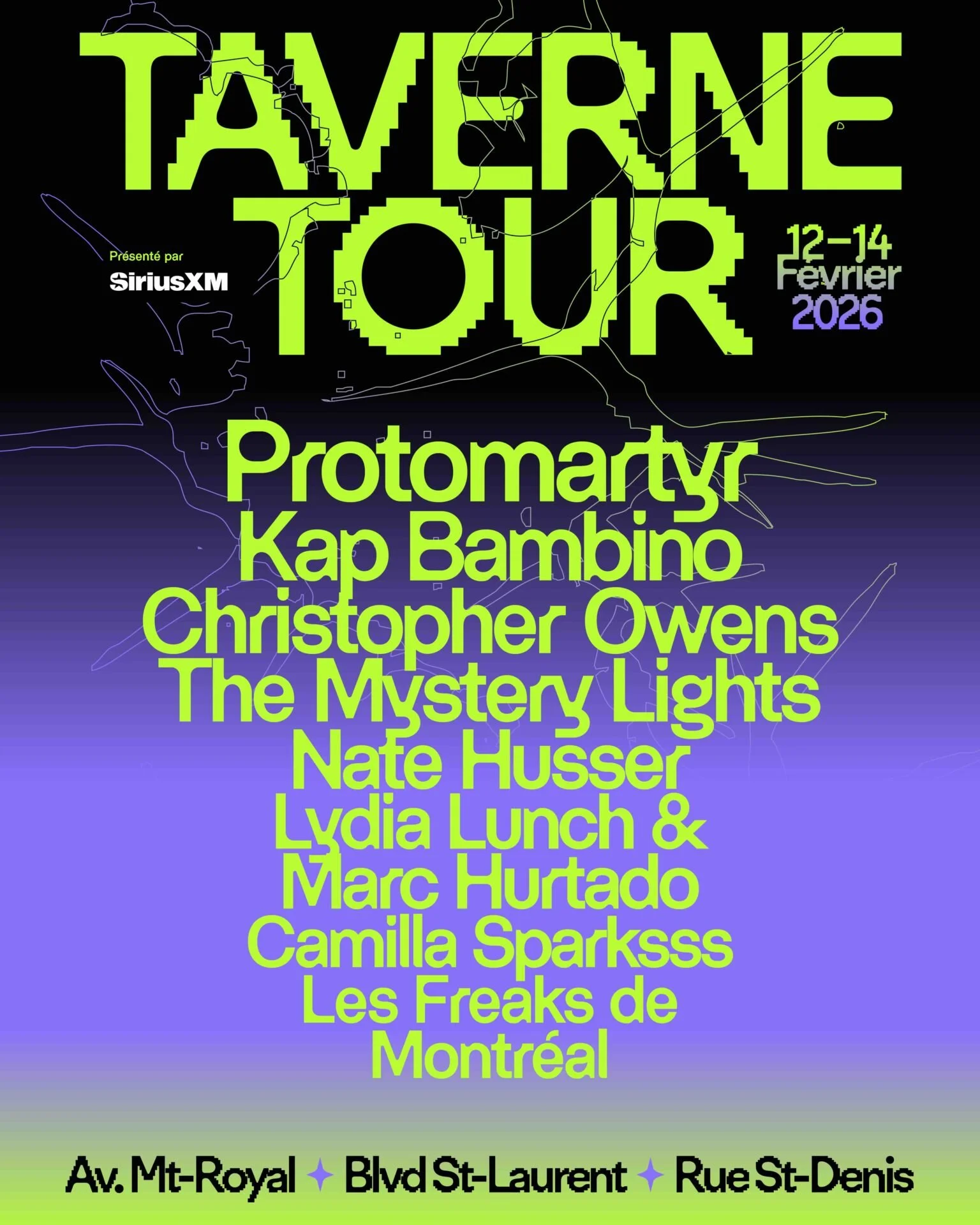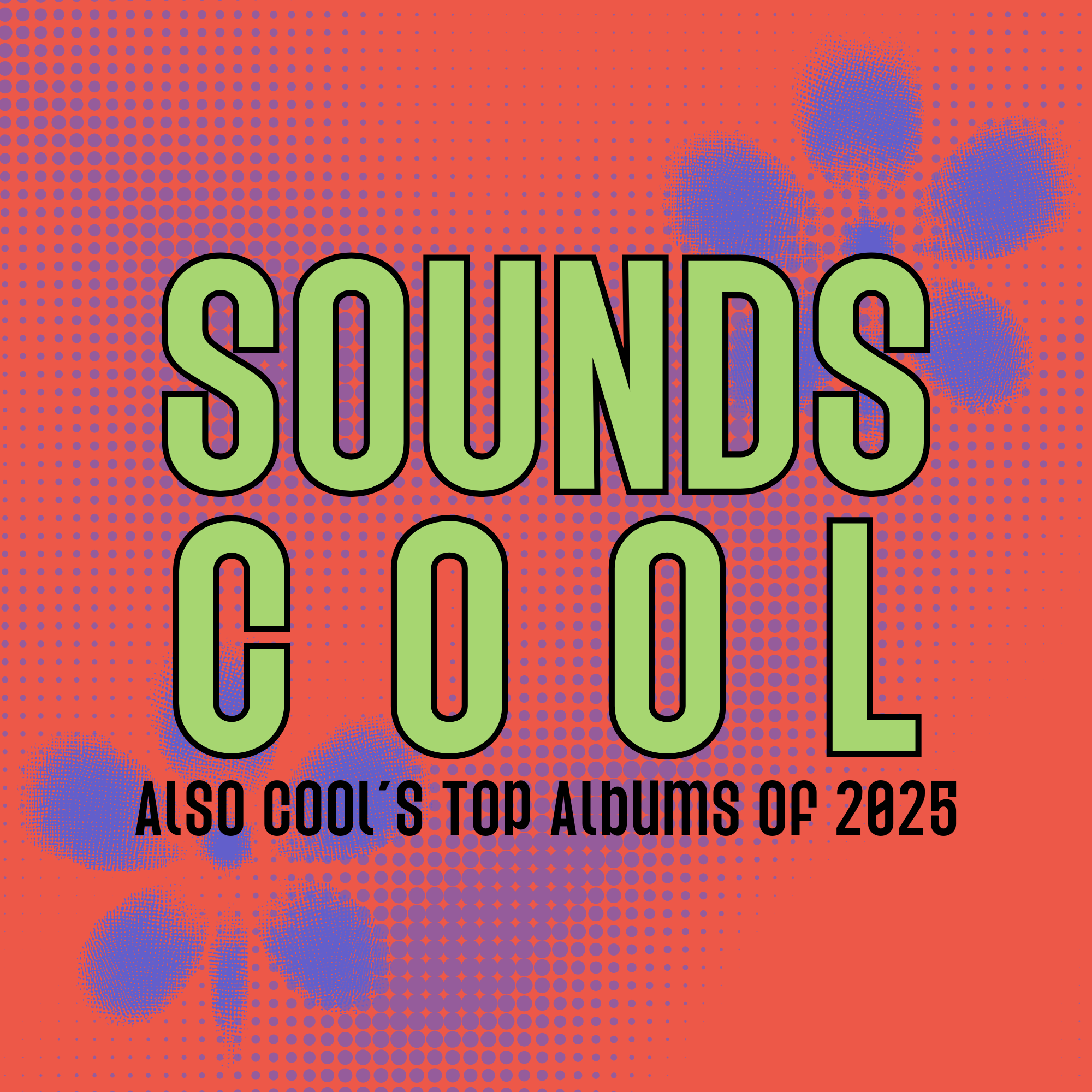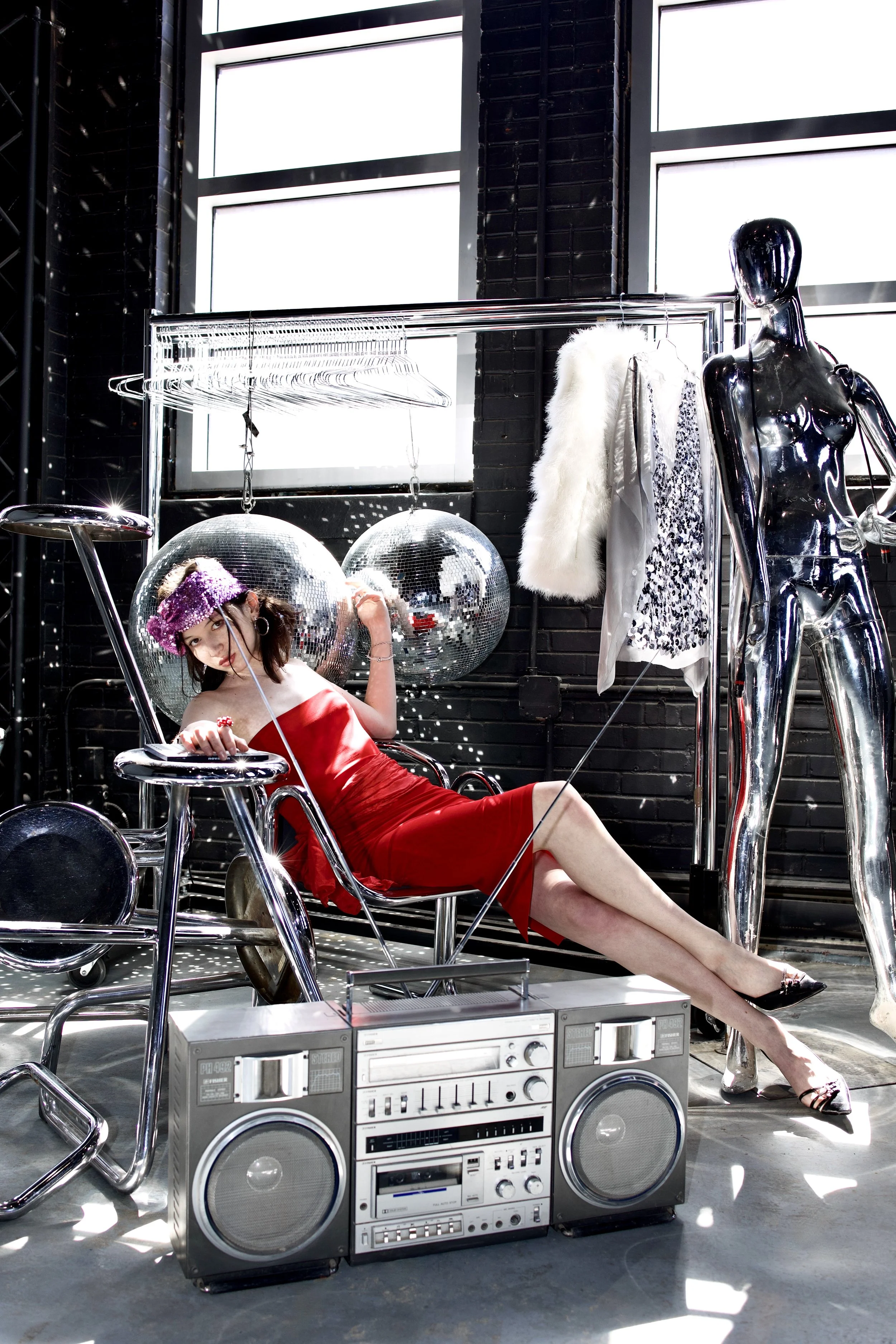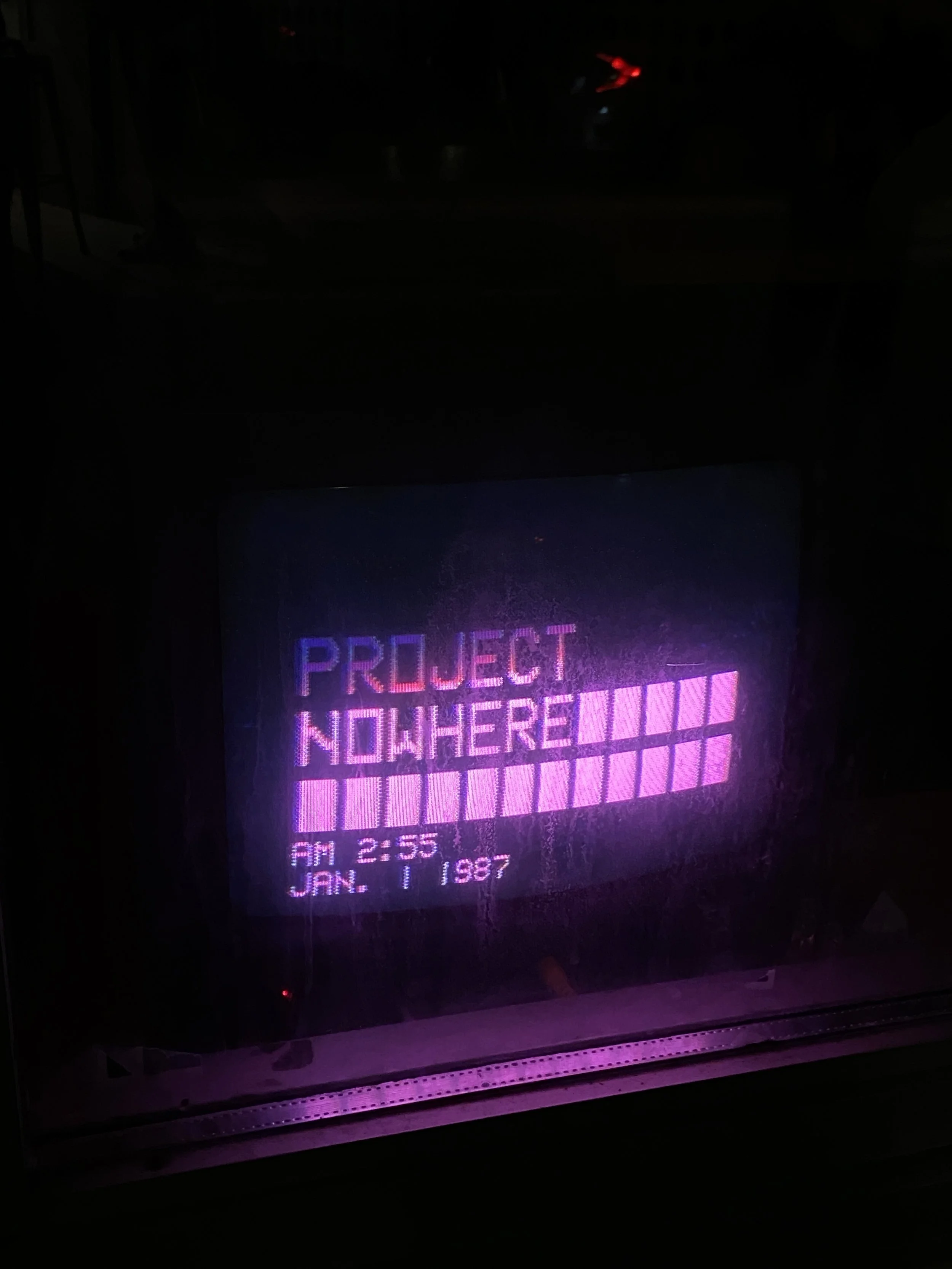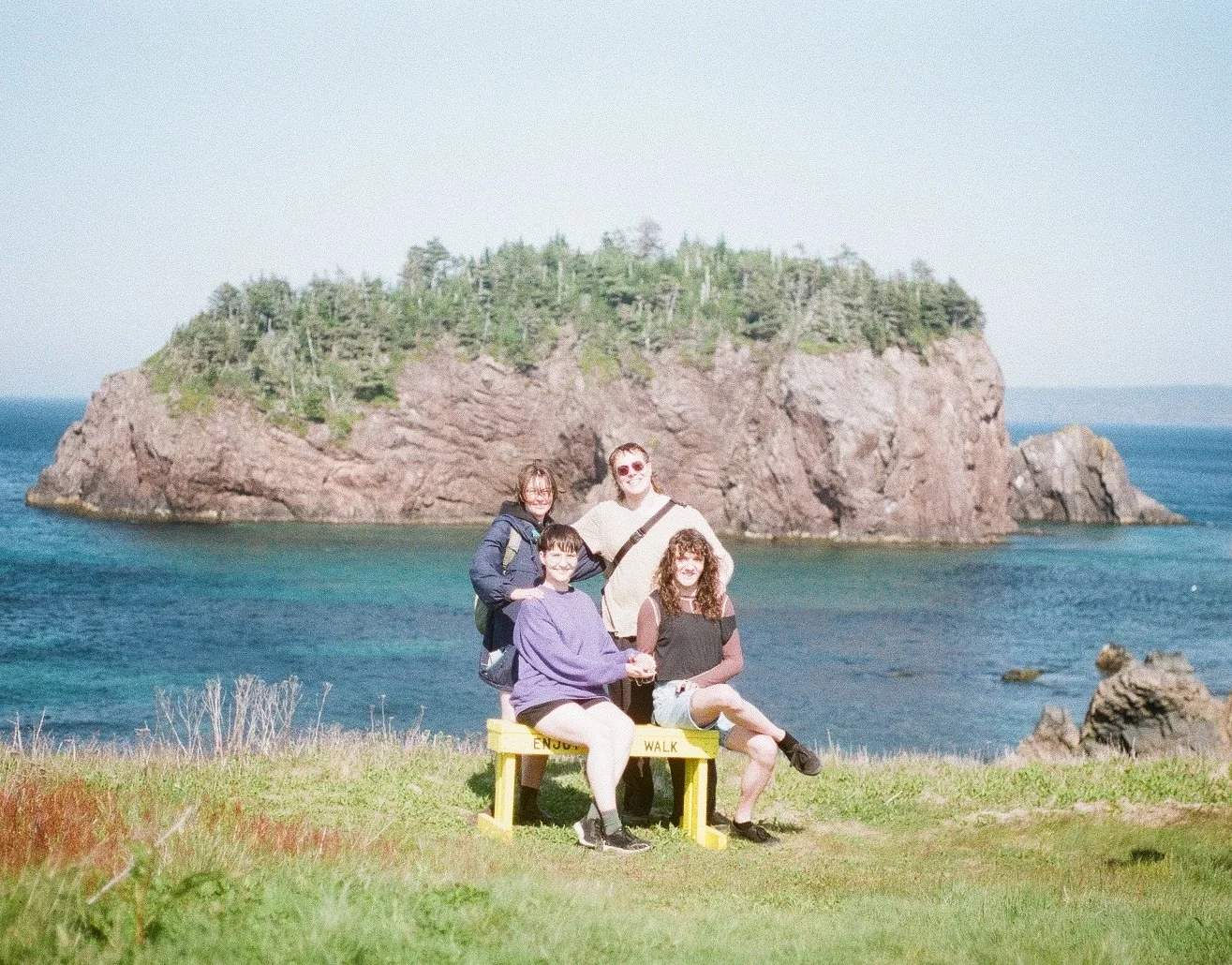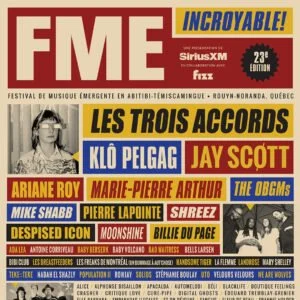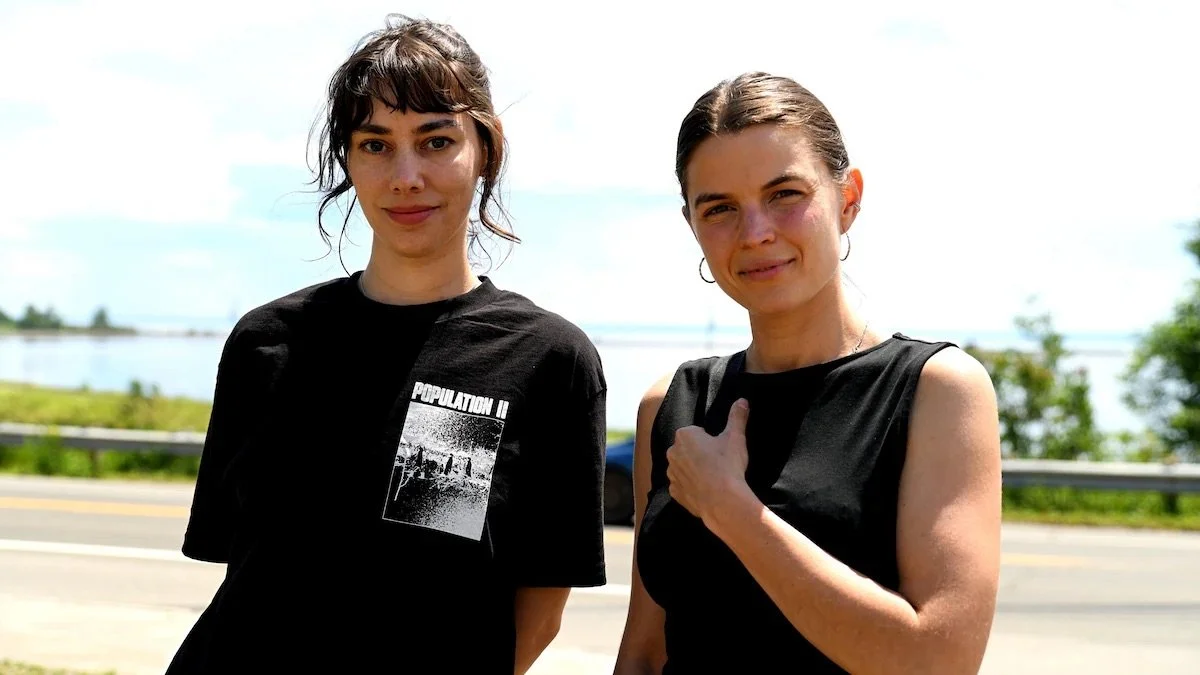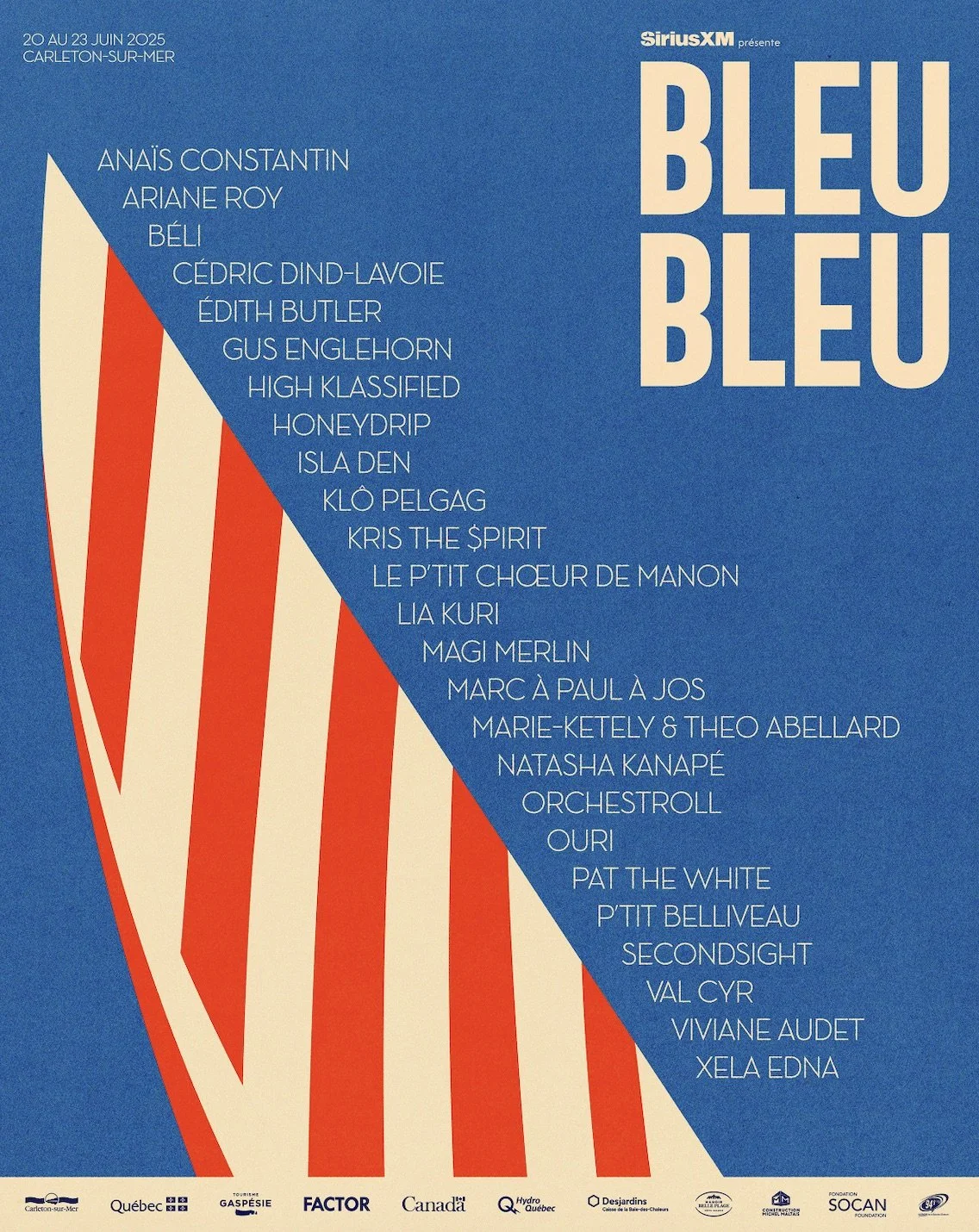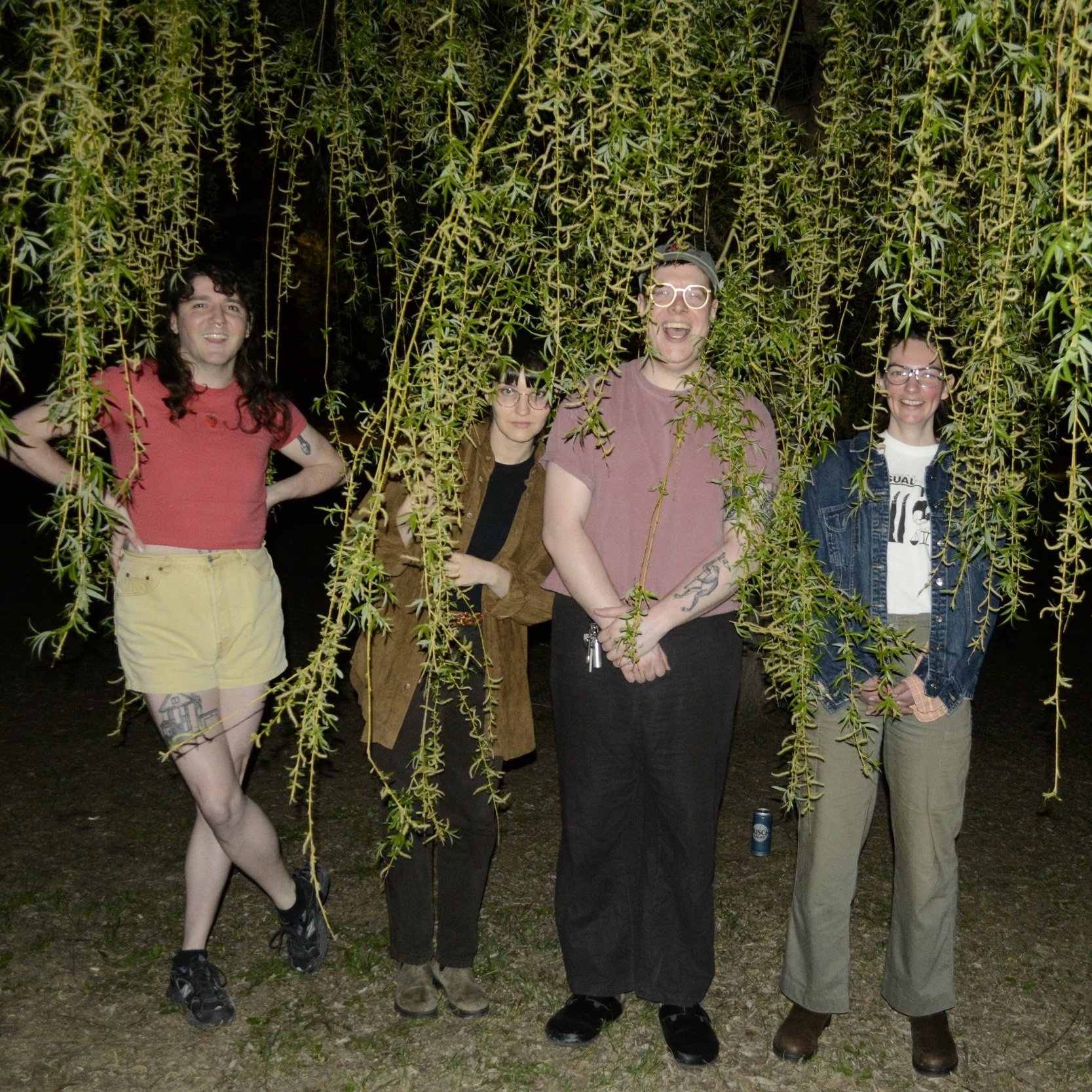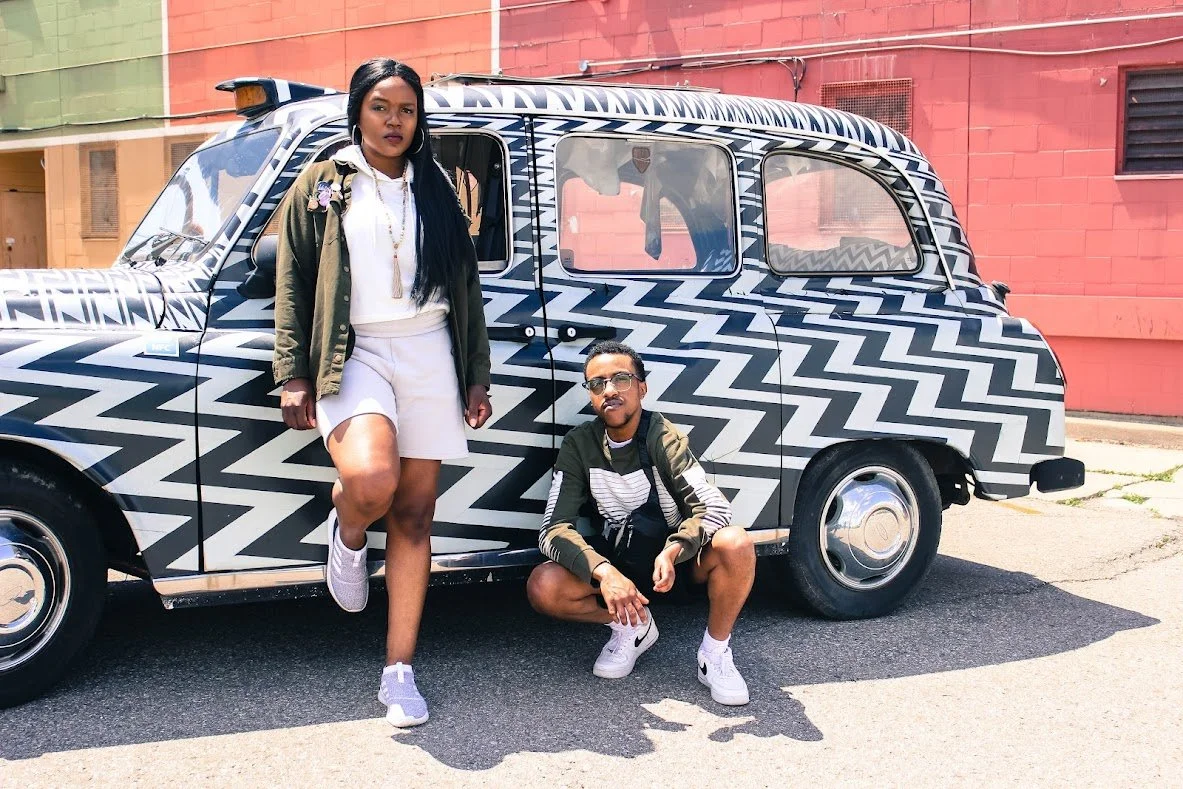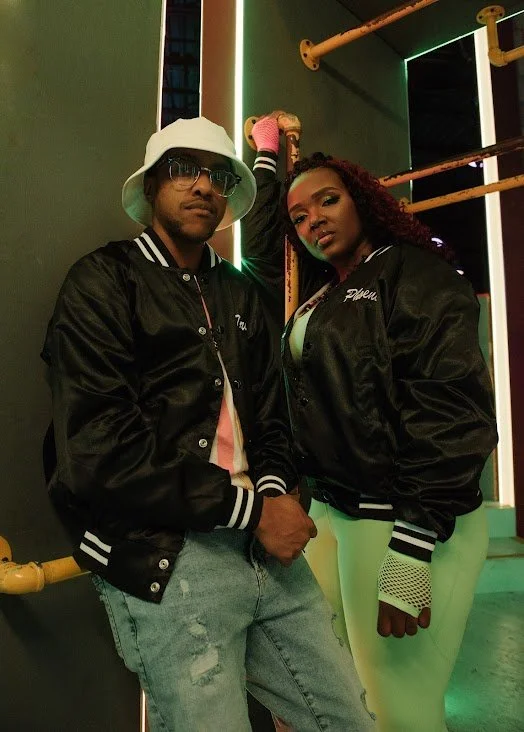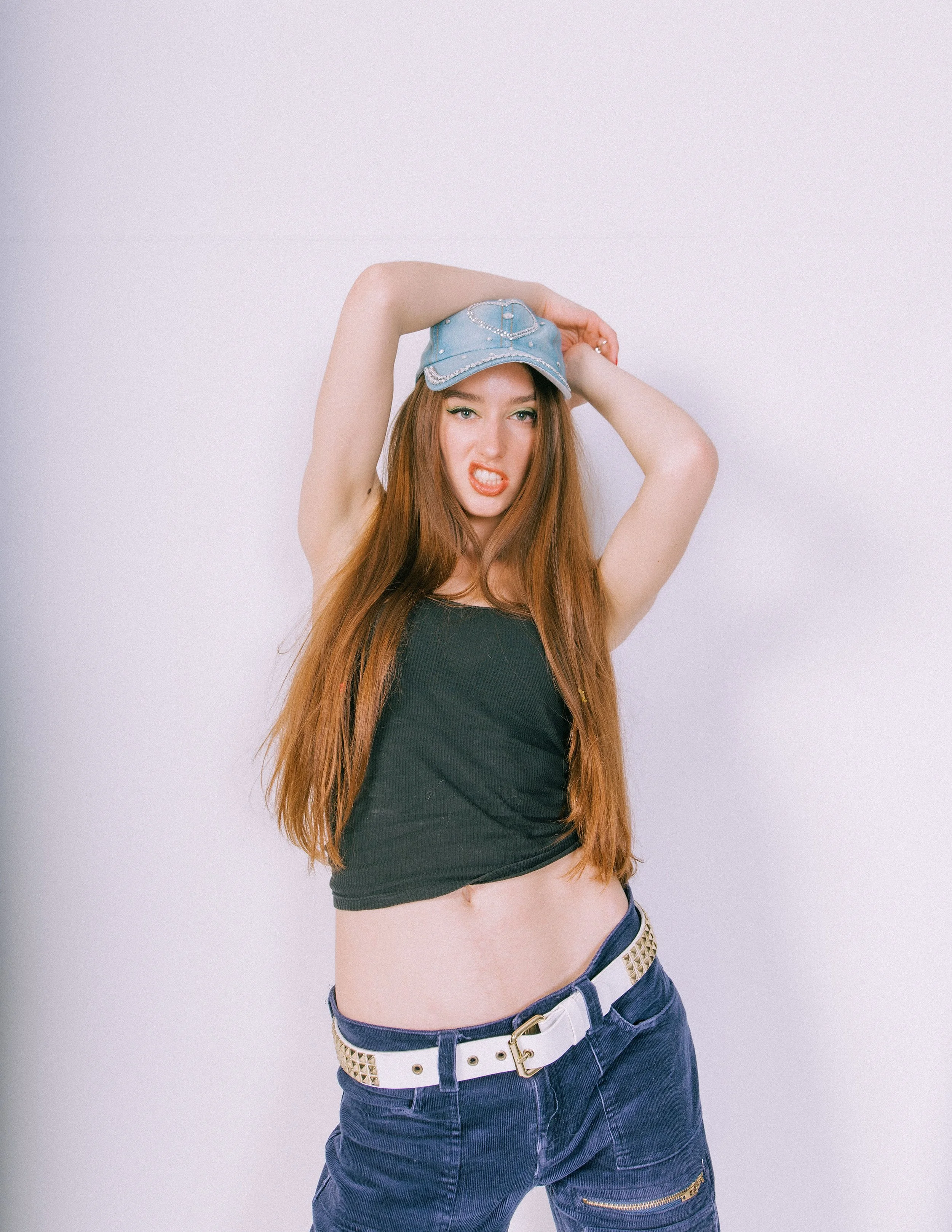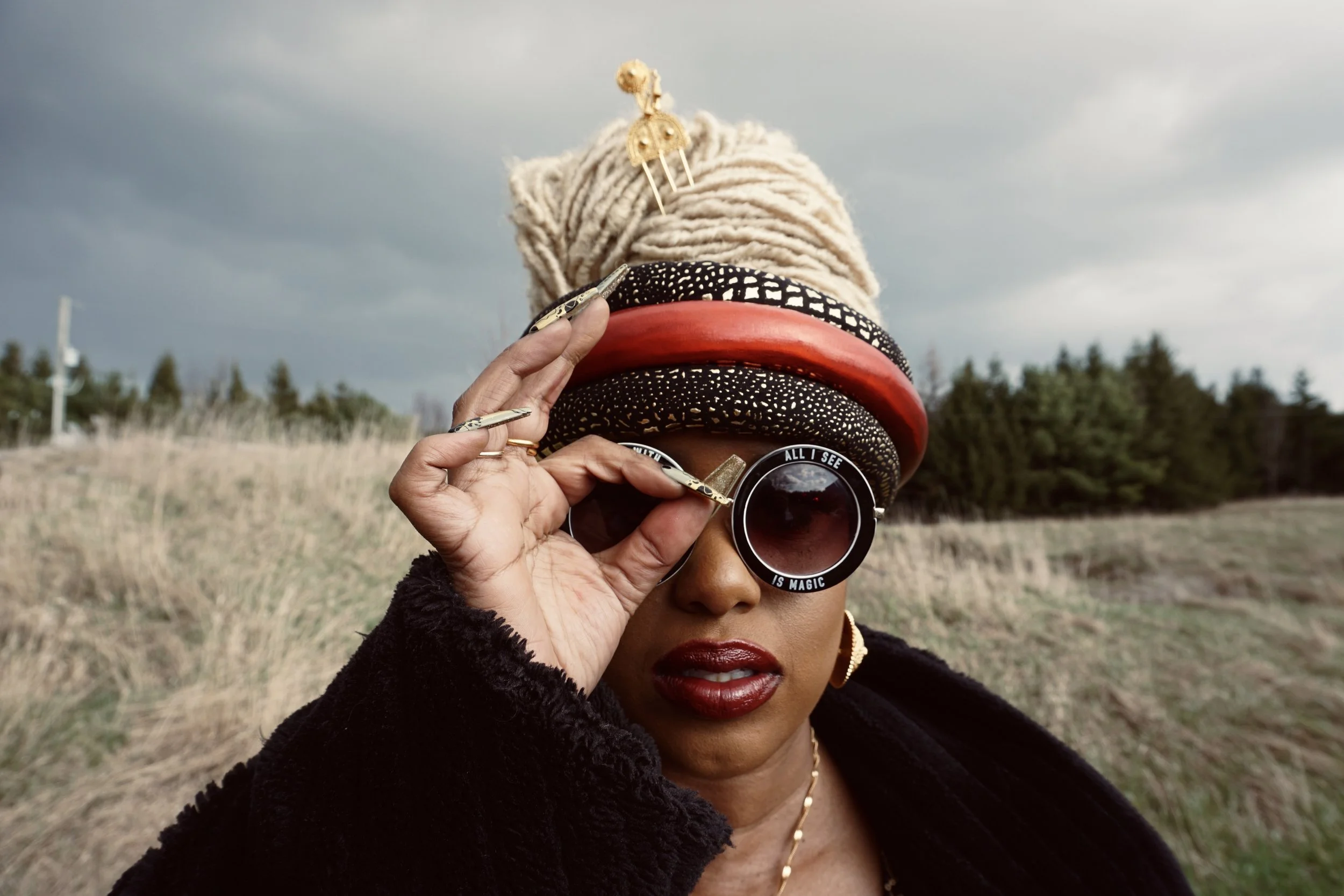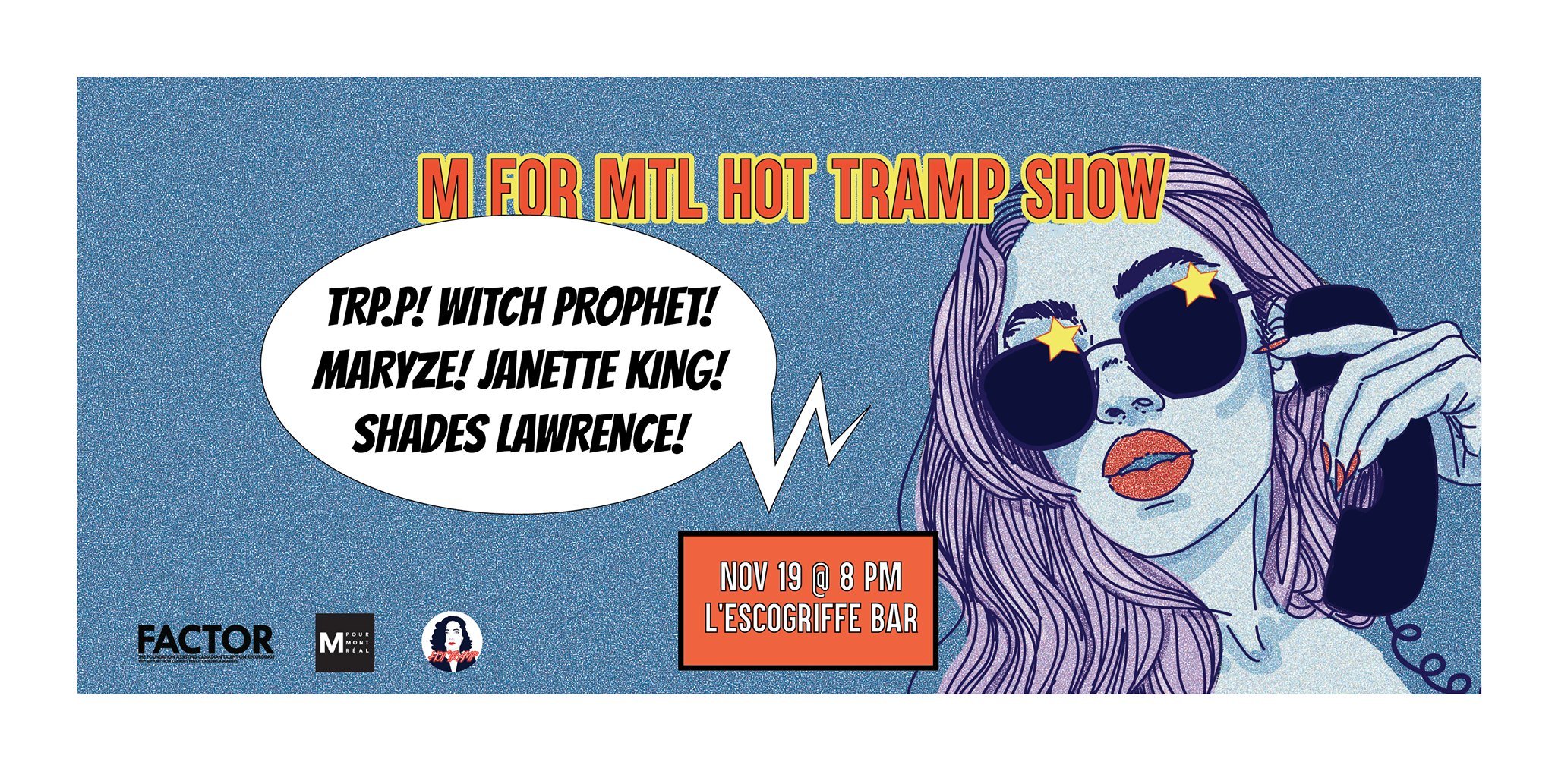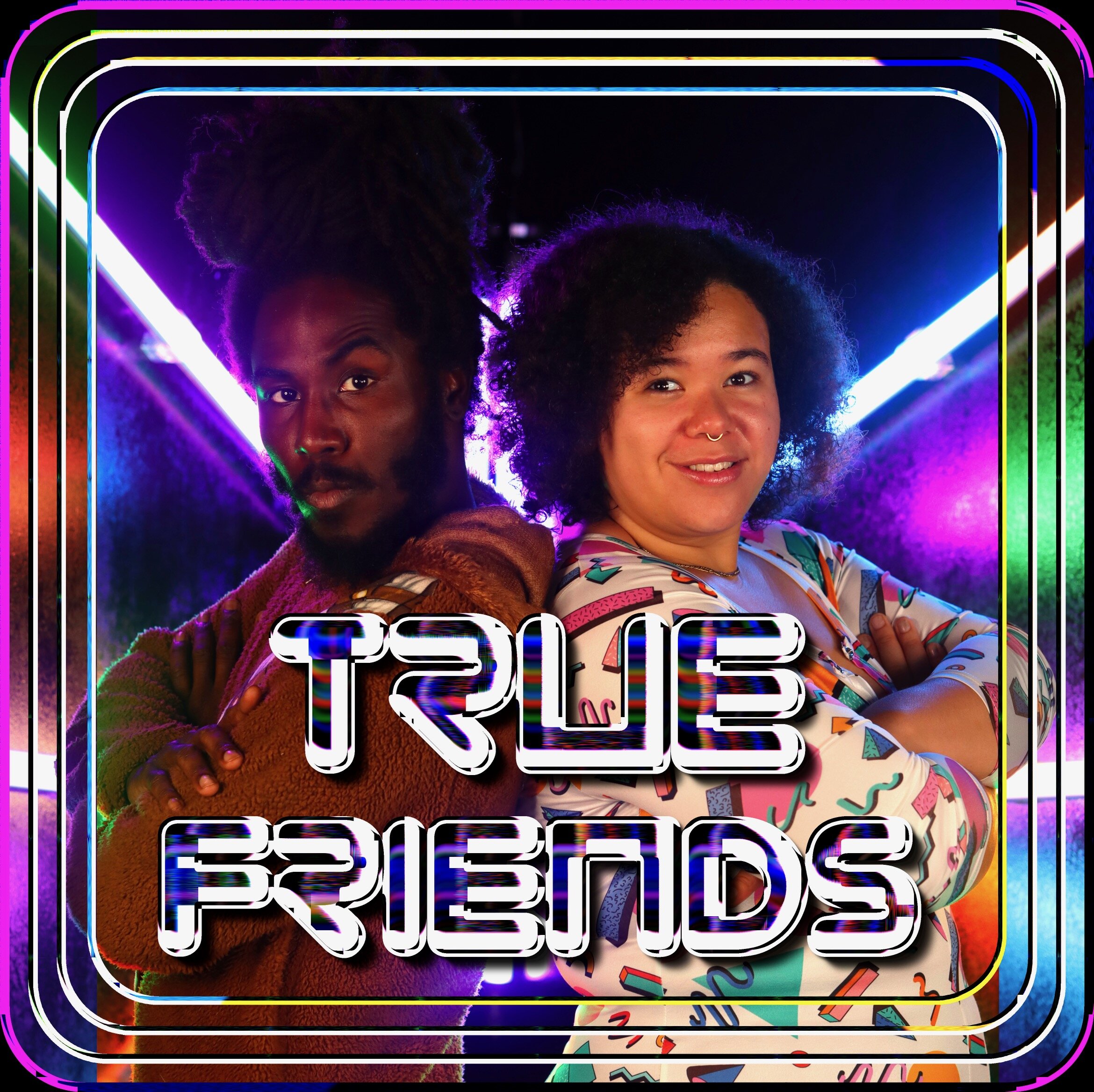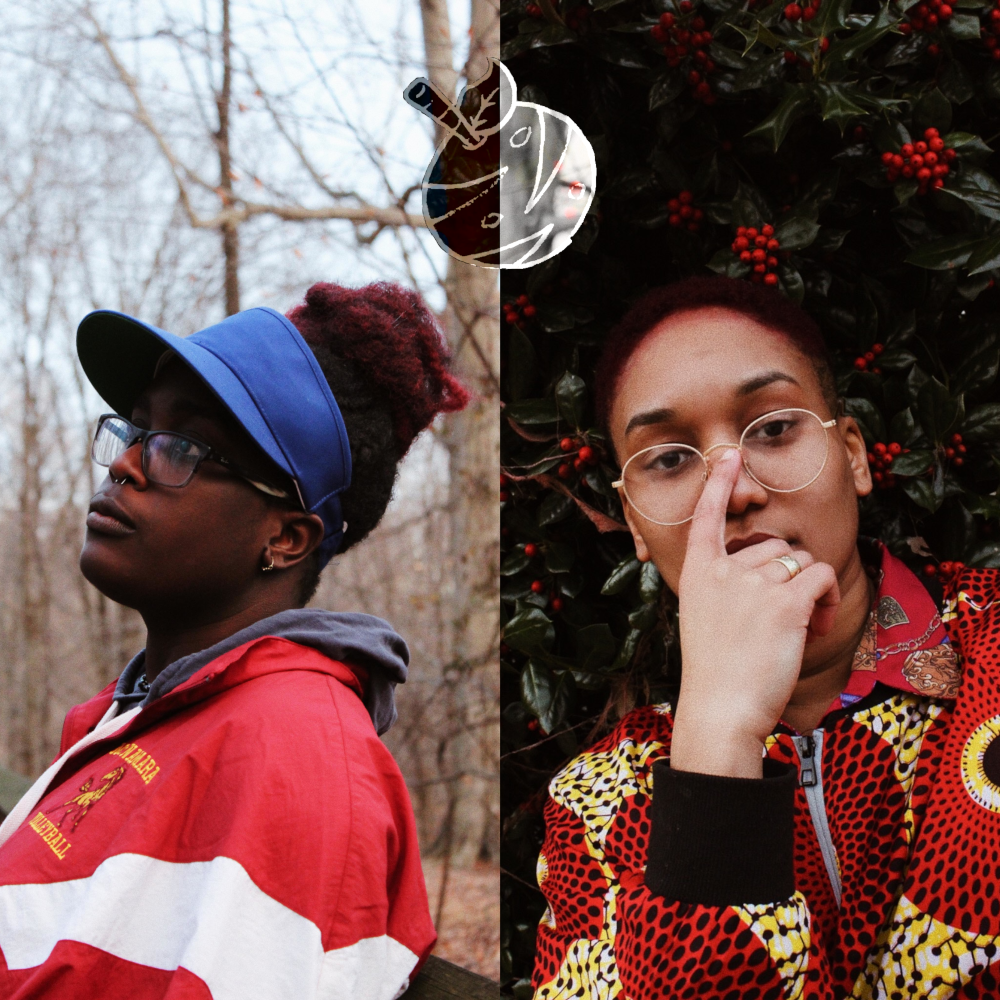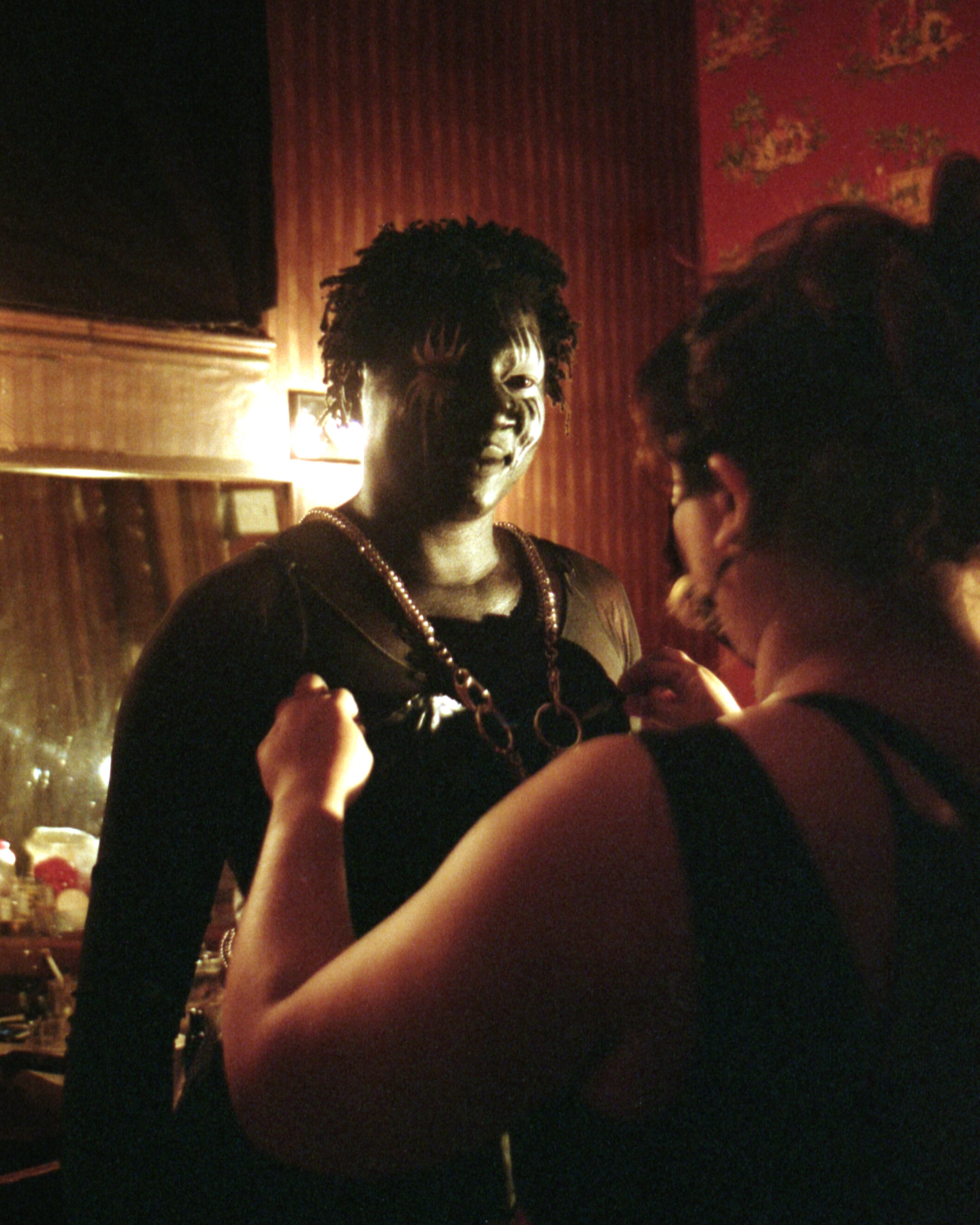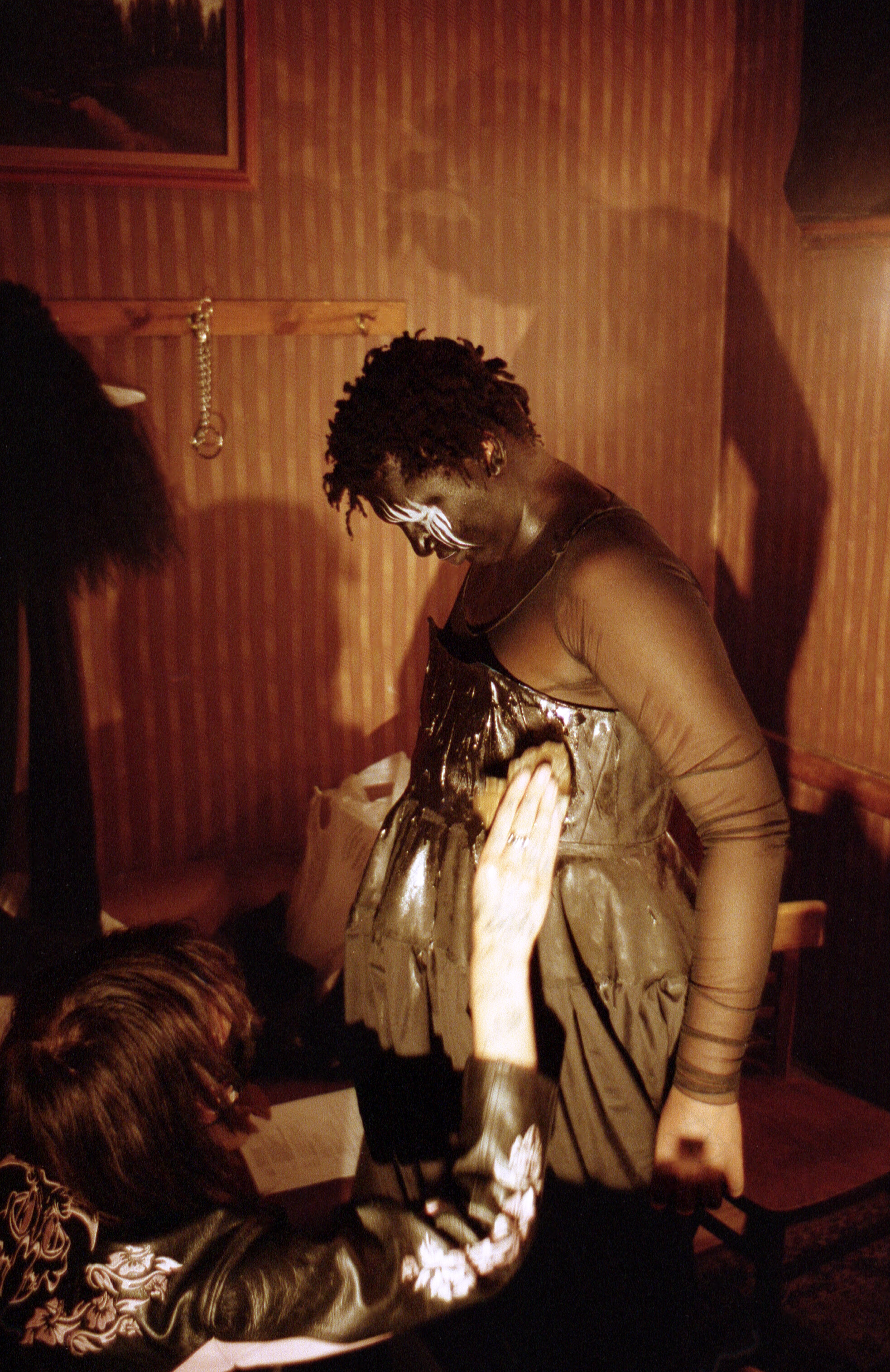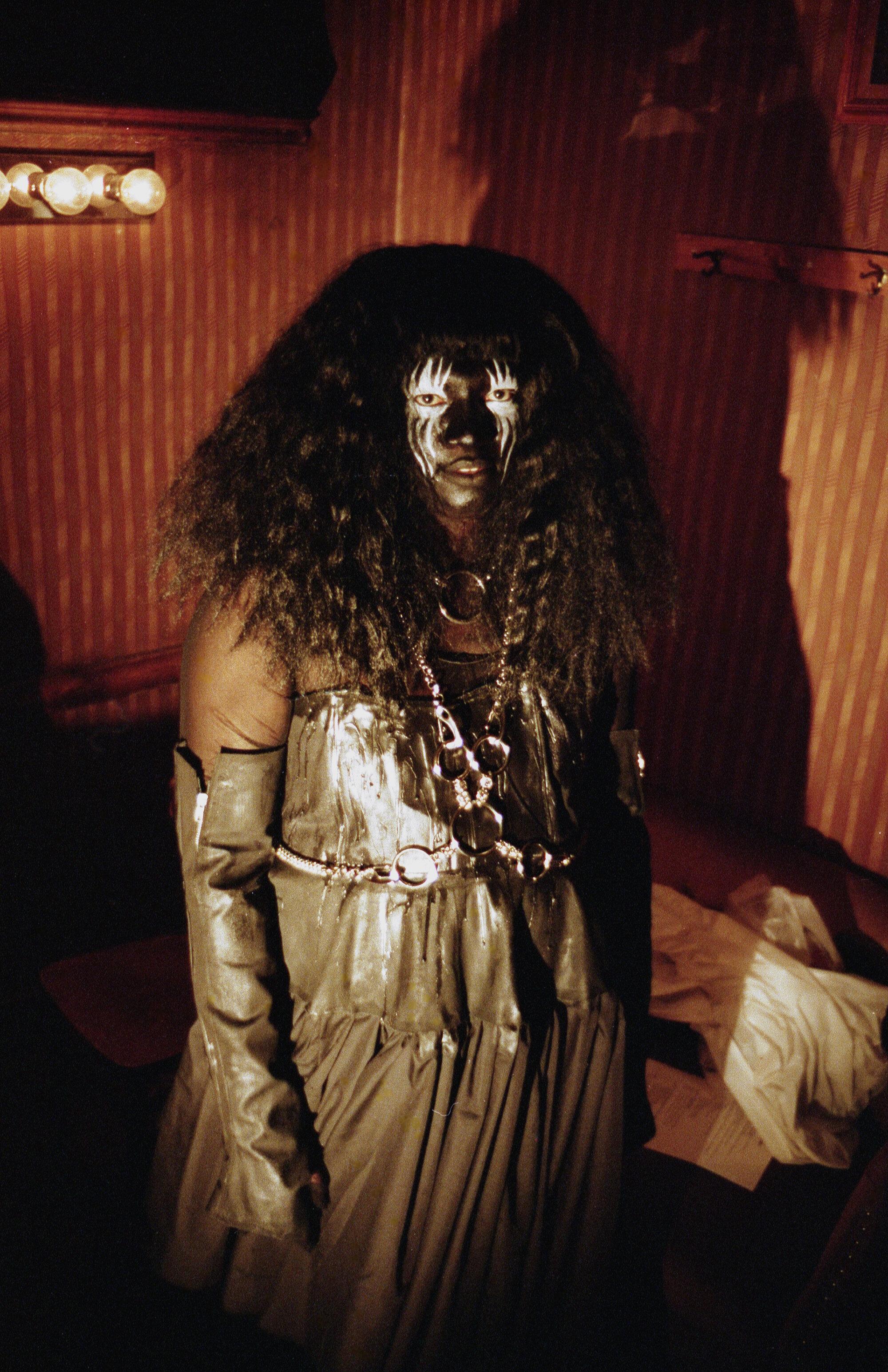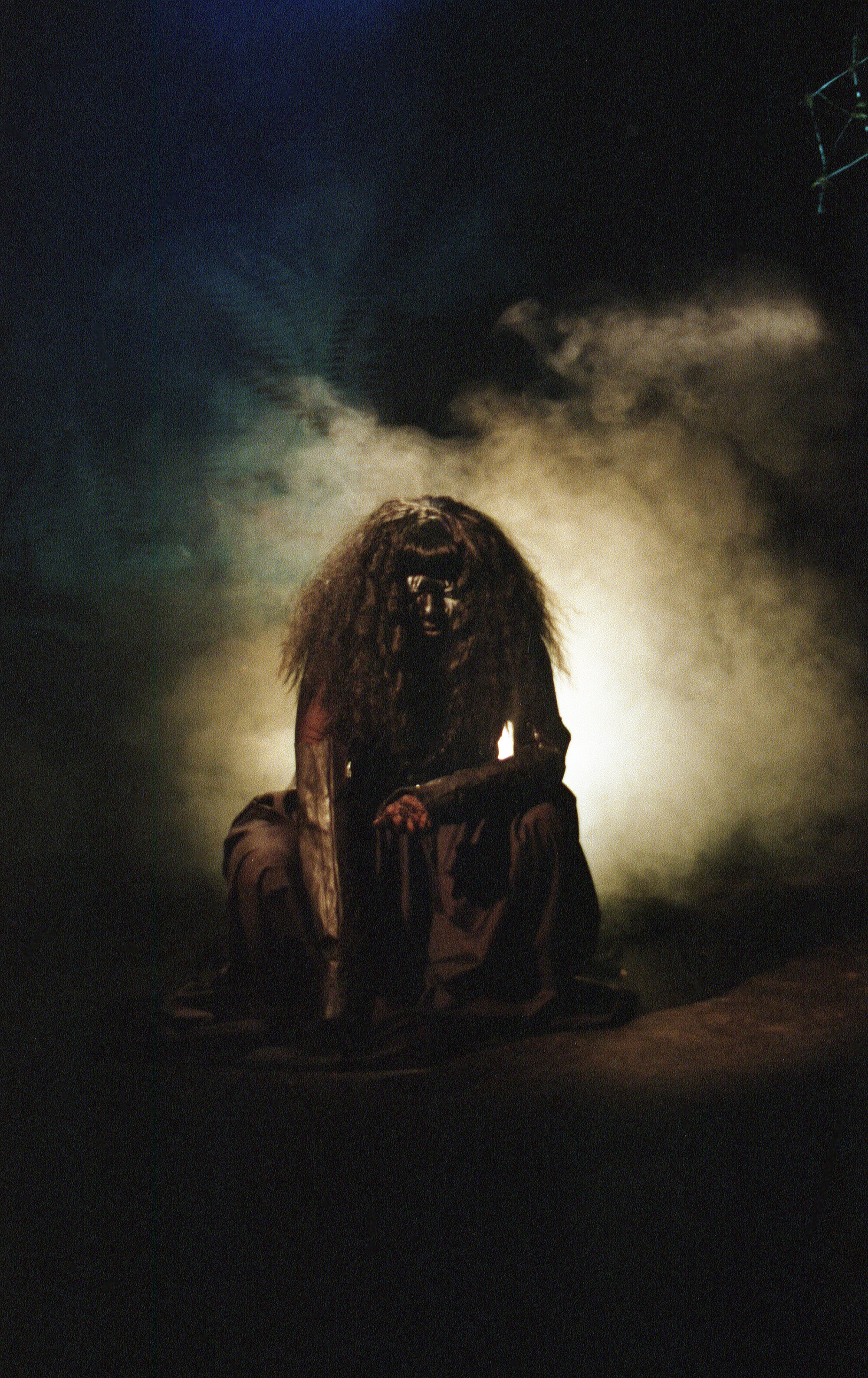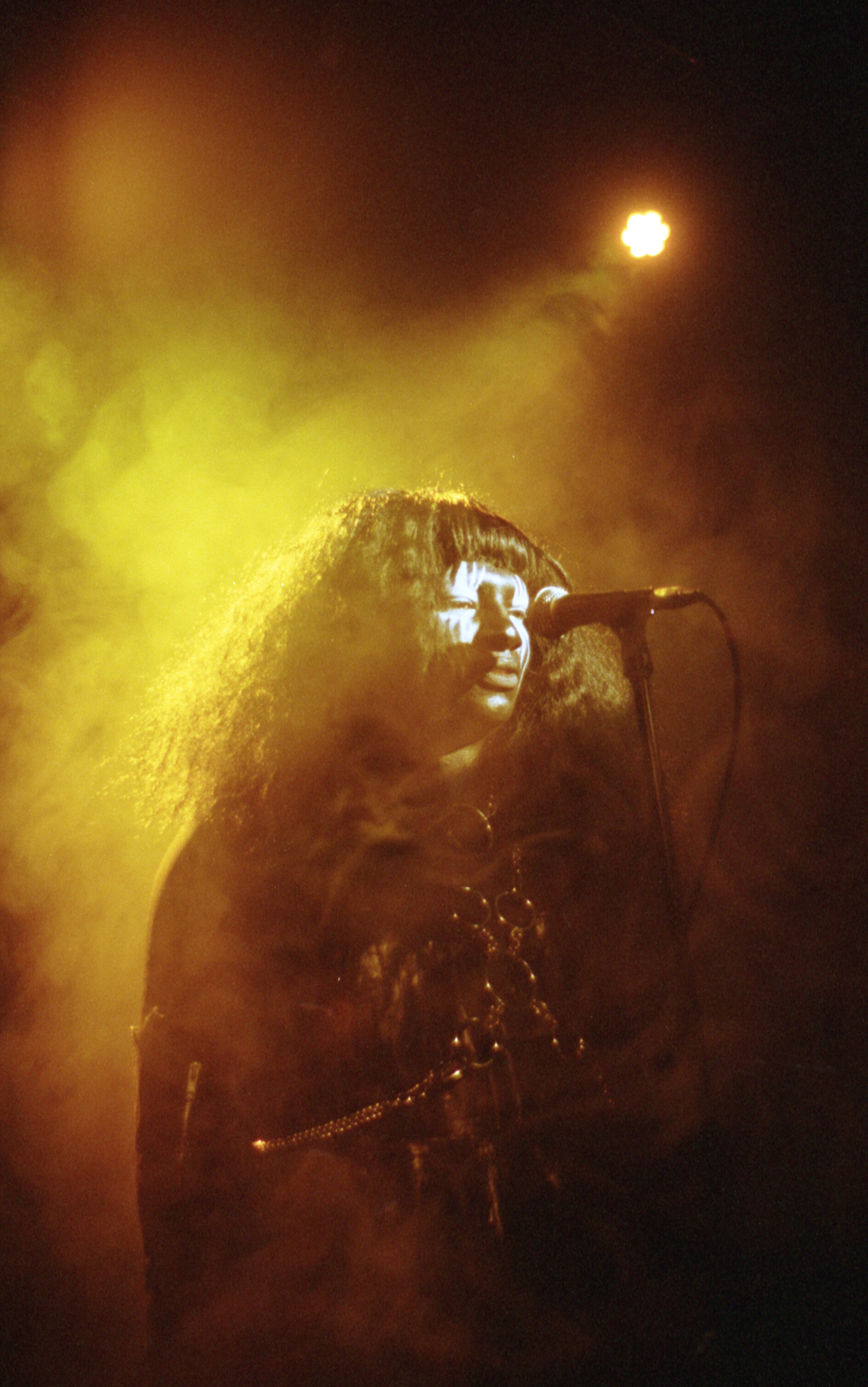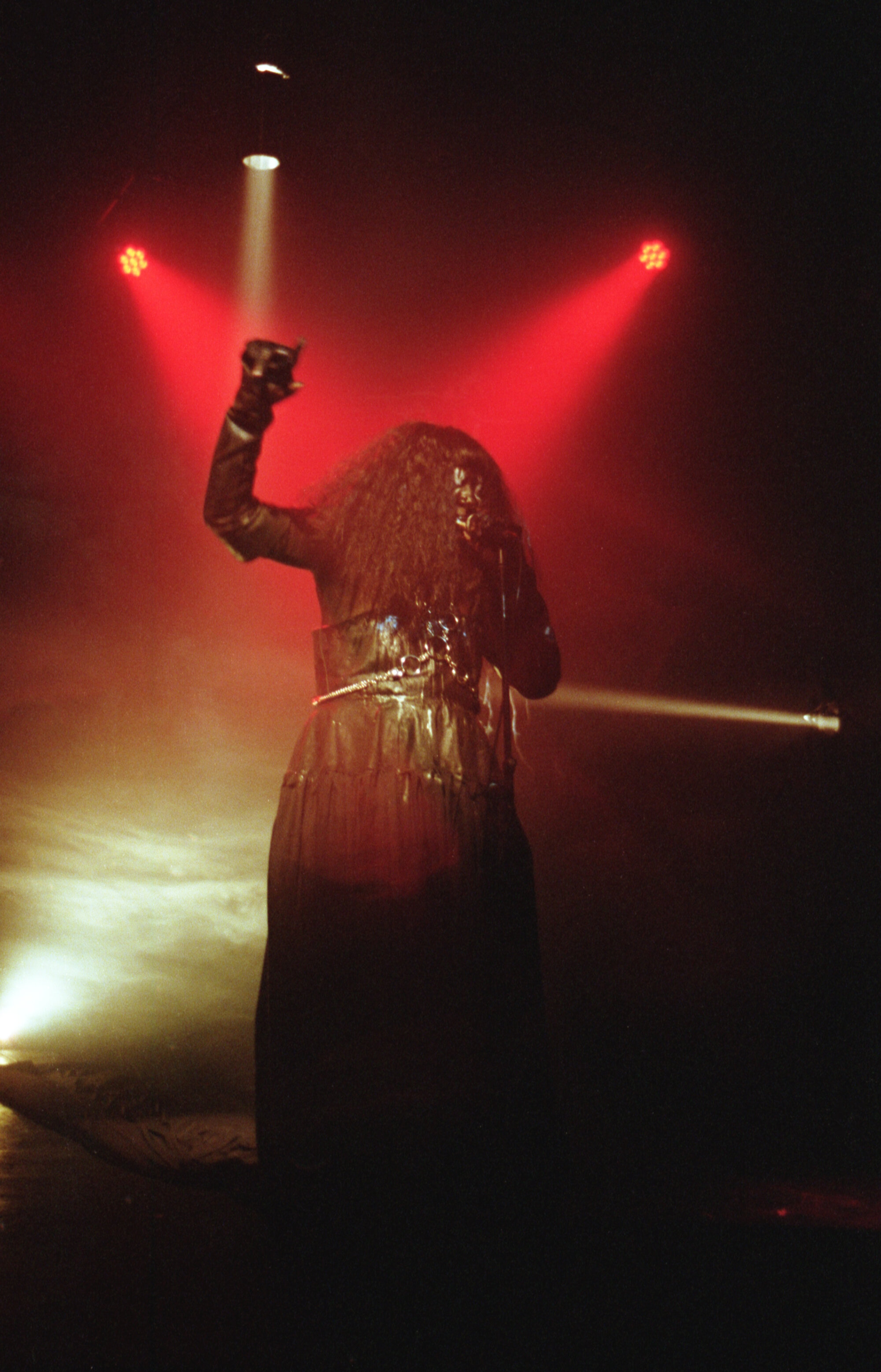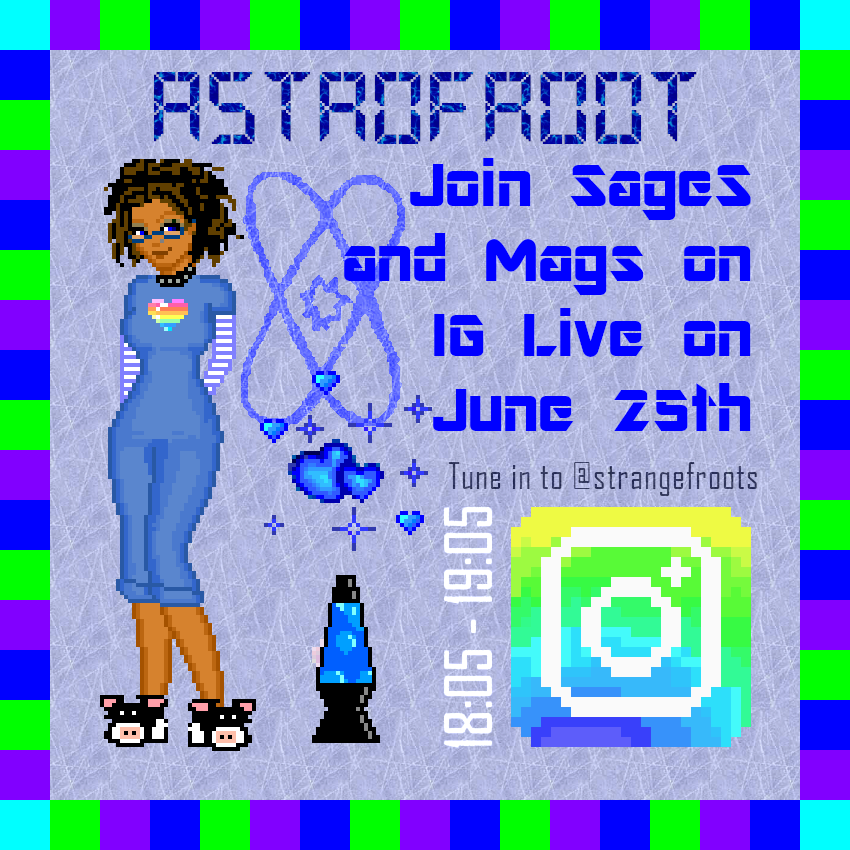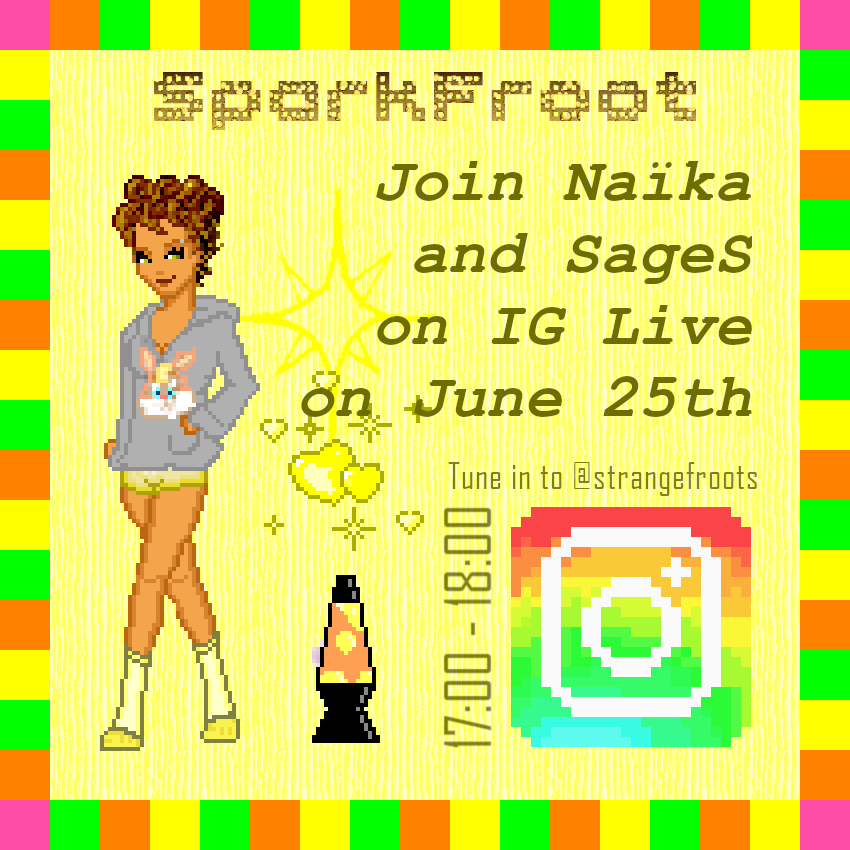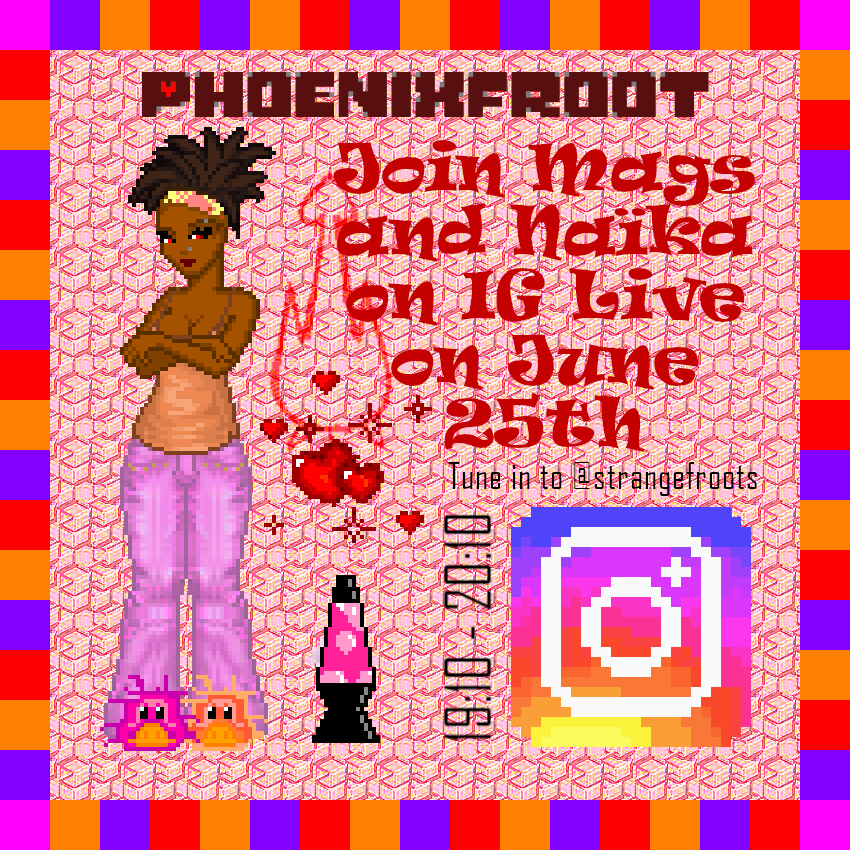Vanessa Tha Finessa Talks Her Talk on EP "CURRENT" (Foundation Media)

Vanessa Tha Finessa by Matthew Cowen
Propelled by the winning combination of bad-bitch charisma and savvy lyrical chops, Vanessa Tha Finessa can’t lose. The Los Angeles-based rapper recently gifted her EP CURRENT to the world – an artful appetizer that leaves no choice but to indulge.
While CURRENT marks Vanessa’s first release, it stands on the shoulders of an expansive sonic rolodex. The Ghanaian-born talent grew up surrounded by hiplife and dancehall alongside American pop music, and immersed herself in artists like Mac Miller and Nicki Minaj when she came Stateside. She was then scouted by casting director Sarah Benjamin after college, courting the fashion world by modelling for campaigns with Nike and Milk Makeup and posing for the covers of 10 Magazine and WWD.
All of these influences are front-and-centre on CURRENT, manifesting themselves as commanding Afro-fusion drum loops and an air of self-assuredness. “I birth these bitches like a doula / Head game crazy, can’t stay out his medulla”, Vanessa snarls mere seconds into opener “Talk Tha Talk”. The bouncy “Top Notch” layers punctuated claps over an echoing chorus: “Yeah, come rock my boat / ‘cuz it’s Murder She Wrote.” Vanessa knows what it’s like to be in-demand: her style toes the line between slapping you with both hands and being too chic to care.
Her decision to change lanes and emerge as a musician first came after a chance encounter with Smiles Davis at an LA party. The DJ and producer picked up on Vanessa’s wit, helping her to record the carnal “Run It” in 2019 (which went on to be featured on Showtime’s Flatbush Misdemeanors). The track is infused with a vaguely-industrial sensibility, peppered with steady claves and distorted vocal layers. Its inclusion in the middle of CURRENT seems to serve as a cleansing vignette of the artist’s first steps. Though a touch less tuned-up than the duo’s other collaborations, “Run It” succeeds at archiving an undeniable spark.
Spanning five tracks altogether, the fluidity with which CURRENT unfolds offers an intriguing testament to Vanessa Tha Finessa’s fast-paced life. An individual of many accomplishments who seems to tower above them all – reaching beyond artistic discipline to capture the weightlessness of poise.
CURRENT
Out May 25, 2023 via Foundation Media

1. Talk Tha Talk
2. It's You
3. Run It
4. Counterfeit
5. Top Notch
Produced by Falcons, Karats, Smiles Davis, and Royal Bait
Album photography by Matthew Cowan

